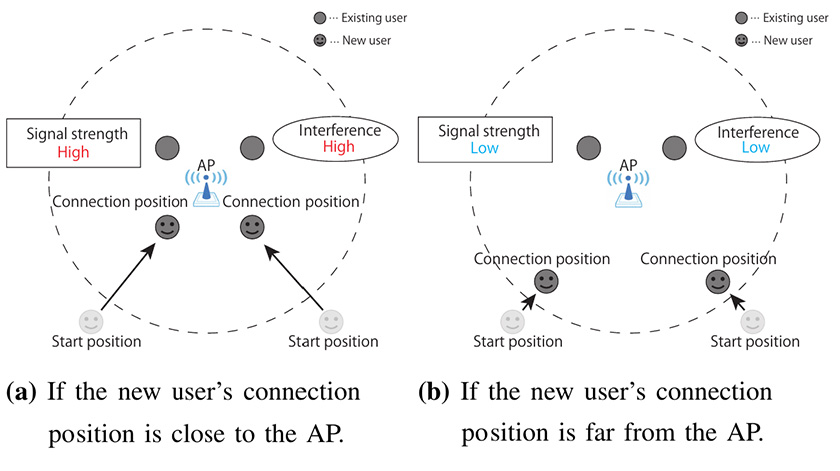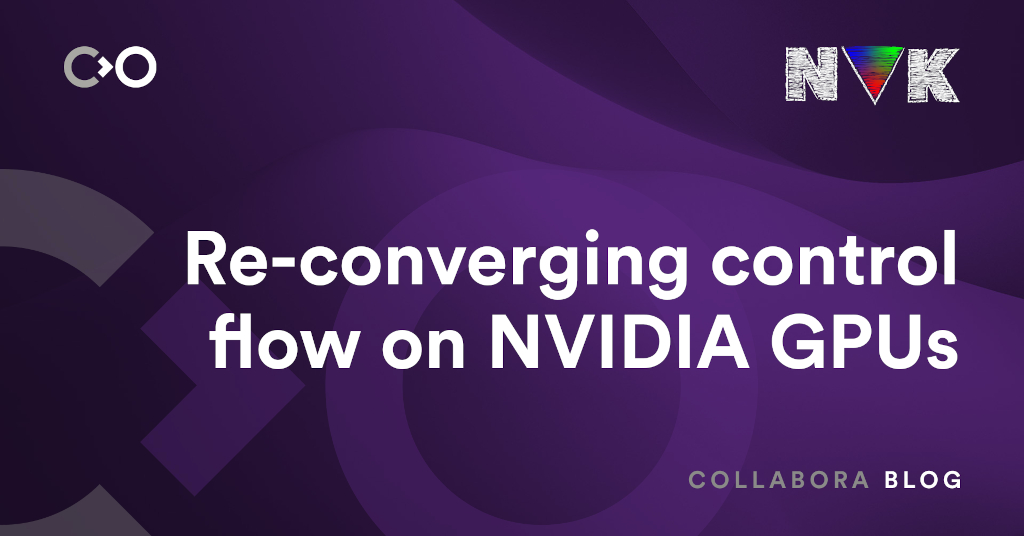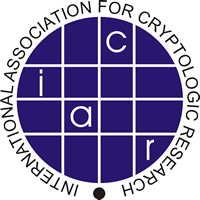
This Nuclear-Powered Game Boy Will Run for a Century
Nuclear power is controversial, because of the hazards associated with nuclear waste and the potential for a disaster like a reactor meltdown. But when a nuclear power plant is working in a safe manner, it is a very clean source of energy. You can even take advantage of nuclear power yourself. For example, firearm night sights and glow-in-the-dark wristwatches use tritium, a radioactive isotope of hydrogen, to excite and illuminate phosphorous. Ian Charnas wondered if that phosphorous could produce enough light to generate a useful amount of power and built this nuclear-powered Game Boy to find out.
While Charnas's video title for this project is "Building a Nuclear Powered Gameboy (Lasts 100 Years!)," that is a bit misleading. This isn't a Nintendo Game Boy, because a Game Boy requires a relatively large amount of power. Instead, Charnas used a cheap handheld Tetriselectronic game. That uses very little power, because it has a tiny LCD and a slow processor. Even then, the nuclear generator doesn't produce enough power to run the game indefinitely. It has to charge up batteries over time until enough juice is stored to play the game. Two months of charging time yields about one hour of gameplay.
The nuclear generator works by harvesting the light coming from the tritium-excited phosphorous with a small array of solar cells. Charnas performed some tests to determine which colors of light and which solar cells were the most efficient. He then sandwiched several tritium phosphorous vials between two solar cell arrays. Because the nuclear generator doesn't produce enough power to run the handheld game, Charnas needed a way to store the energy over time. He turned to "thin film solid state batteries," because they leak very little energy. More conventional batteries would leak more power than the nuclear generator produced.


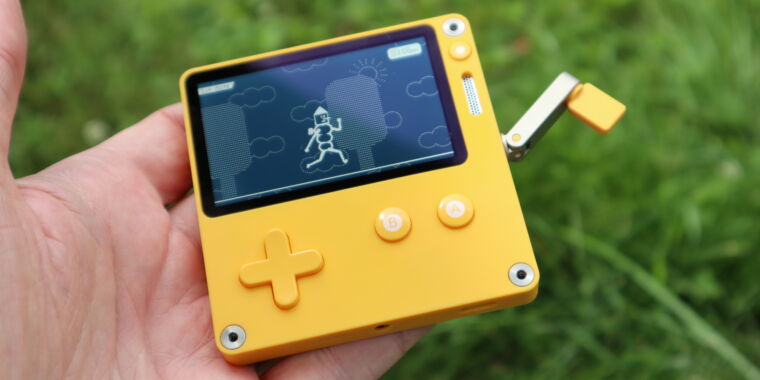



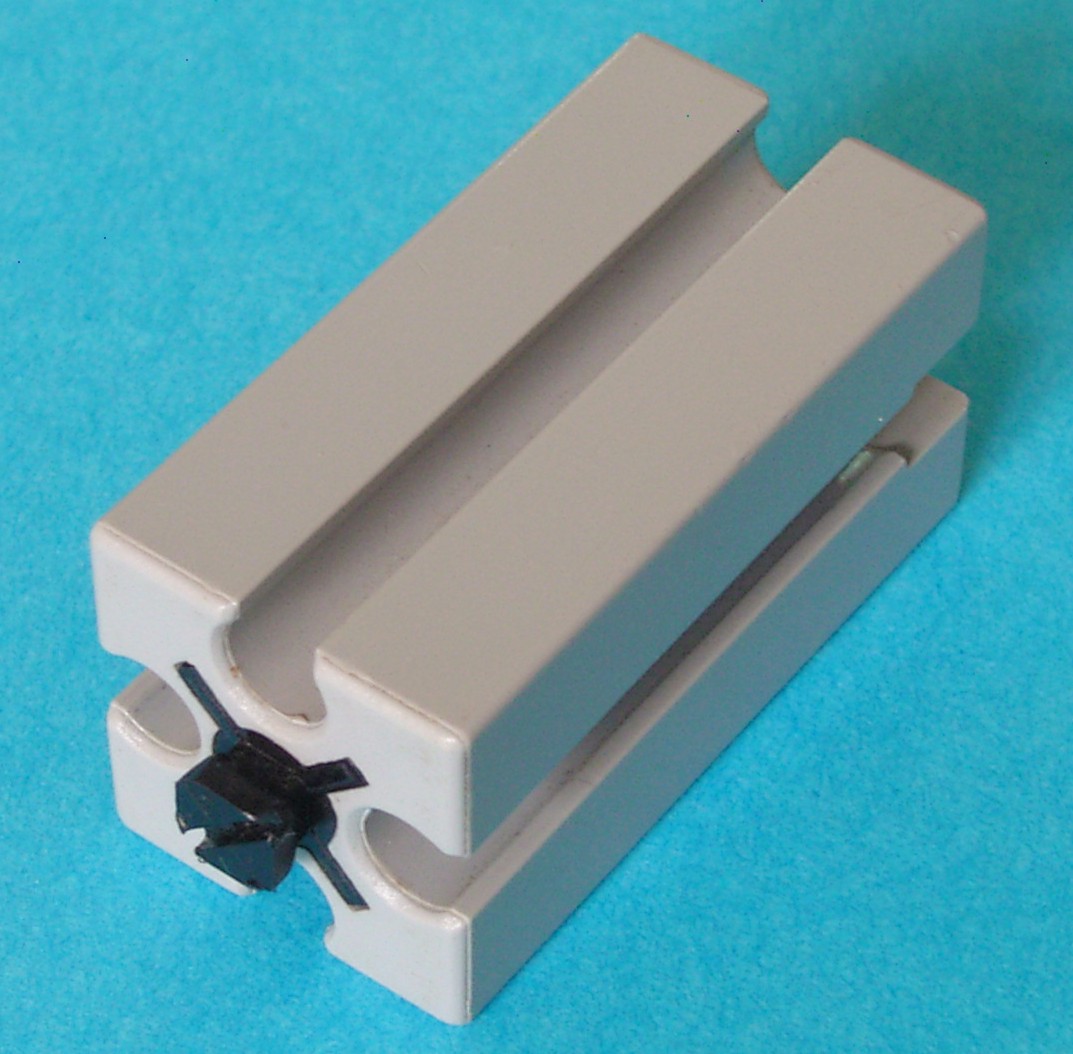



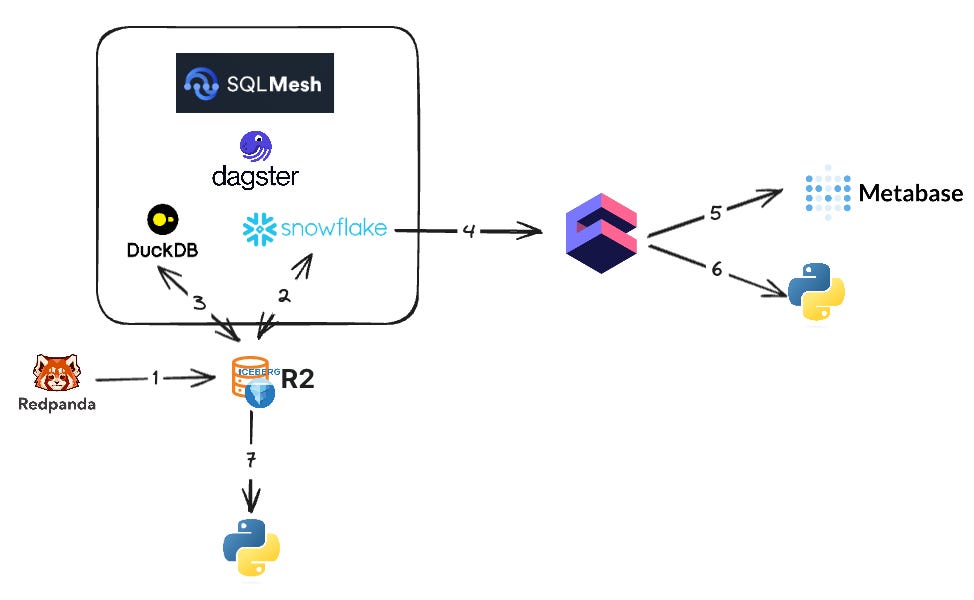
/cdn.vox-cdn.com/uploads/chorus_asset/file/24016888/STK093_Google_01.jpg)

